Aerobic performance and metabolic hybrid breakdown
For small endotherms, survival under harsh winter conditions depends critically on metabolic thermogenic performance, so any disruption to metabolic efficiency may have important implications for individual fitness. Hybridization between locally adapted species has the potential to severely compromise metabolic and thermogenic performance because it disrupts locally adapted protein complexes that comprise the machinery that underlies cellular metabolism. In collaboration with Matt Carling at the University of Wyoming and Scott Taylor and Irby Lovette at Cornell University, we are investigating the mechanisms and ecological consequences of altered energetics in chickadee hybrids. This project uses both common-garden studies of captive birds and intensive field studies of wild birds to gather and integrate data that span multiple hierarchical levels of biological organization, from functional and population genomics, to enzymatic function and cellular respiration, to whole-organism metabolic performance and survival.

